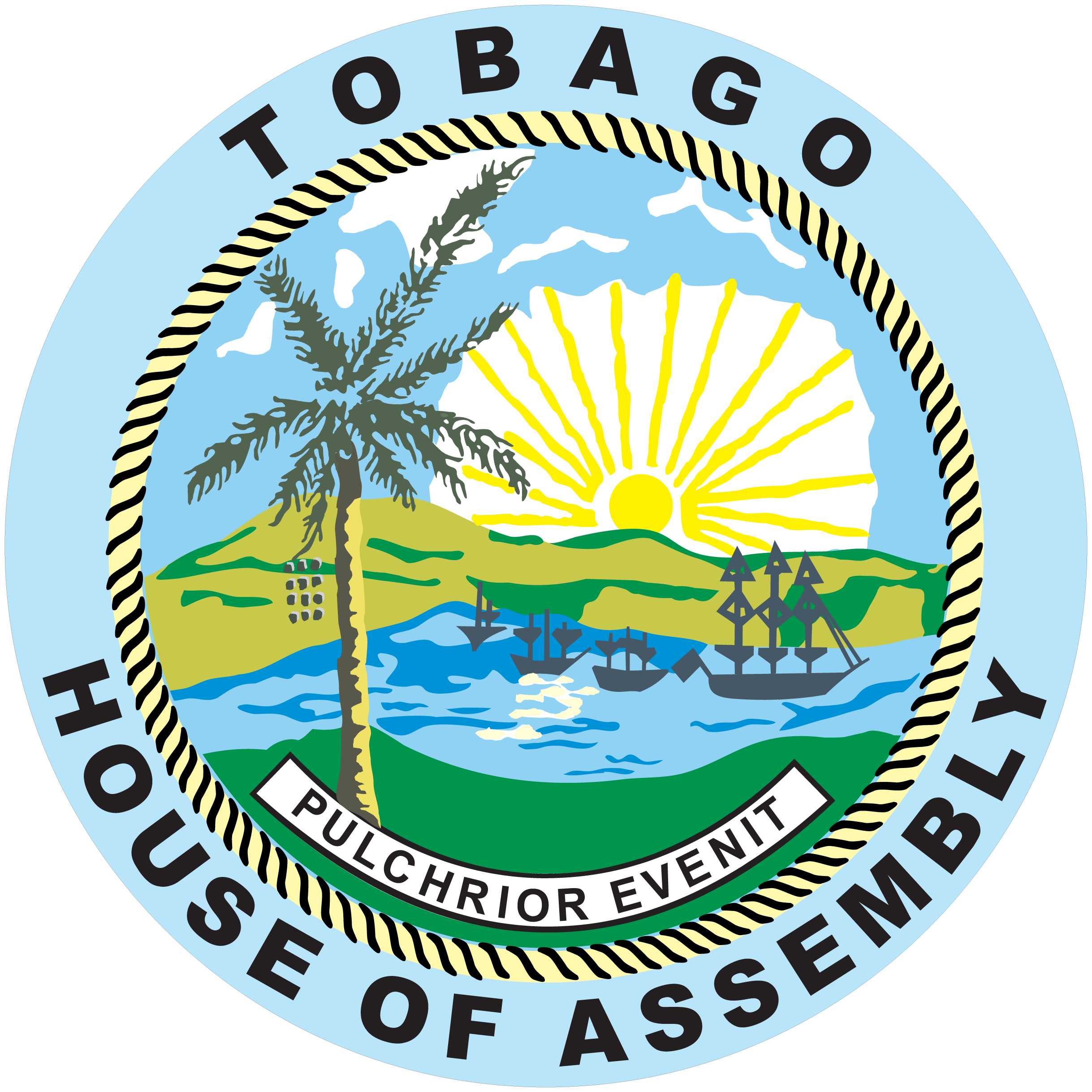The election of the chief secretary to the Tobago House of Assembly and the proposed bi-cameral system of governance were the two major issues that provoked prolonged debate yesterday (October 2) during discussions of the draft bill for Tobago’s autonomy.
Tobagonians had their final chance to openly discuss the bill at a special convention, held at the Lowlands Multipurpose Facility, to provide consensus on a number of issues where there were varying opinions.
And once more, strong views turned the convention into a four-hour consultation. There were some vociferous supporters of a direct election of a chief secretary, which former THA Assemblyman Gerarld MacFarlane described as “a recipe for confusion”.
“Imagine you’re having a party, maybe electing the different representatives first past the post system in all the areas,” MacFarlane said, “and the party maybe has the majority seats, and then somehow for whatever reason, the electors decide to put somebody else as chief secretary. You could imagine what would take place in this place?”
At the end, most of the attendees voted in favour of retaining the current system of selecting a Chief Secretary, as the political leader of the winning party in an election.
While there were some abstentions, the public was also in favour of adopting a “Second House”, with members selected by the winning party. One resident suggested that members should be chosen in the same manner as obtains in the senate. Chief Secretary Orville London said although achieving “unanimity” was not likely on these issues, the voting at the convention was consistent with the majority view in previous consultations.
Another contributor requested further consultation to ensure as many Tobagonians as possible could vote. The Chief Secretary responded, explaining that consultations have been taking place over the last four years, including more than 40 stakeholder meetings, public meetings and conventions to involve as many sectors and communities as possible.
London said many people are at the point where they want the process to move forward. He added that there’s another important reason why the draft bill must go to the House of Assembly for discussion soon, before it is sent to Cabinet in the next few weeks.
“There is a strong possibility that the Chief Secretary will move a motion to dissolve the House of Assembly within the next one to six weeks,” London hinted.
“So that again is a constraint, because if the House is dissolved and this does not go to the House, it cannot go to Cabinet until after the next election [whenever] that is held. So we have to understand that we’re working within a particular time frame.”
Reginald Vidale, chairman of the Eric Williams Memorial Committee, described Tobago as “an adult”, with the right “infrastructure” in place. He proposed revisiting the idea of independence of the island.
Although London acknowledged some people have differing views on the subject, he said they are not in the majority.
“The people of Tobago have spoken. They have spoken consistently and they have spoken clearly that what they do not want is independence,” London stated, adding that “independence has been taken off the table a long, long time ago, and it will not come back on under my watch”.
Now that the consultations have ended, the public has one final chance to contribute to the bill. Comments can be delivered to the Secretariat on Tobago’s Autonomy on the third floor of the UTC Building in Scarborough, no later than Friday (October 7).
